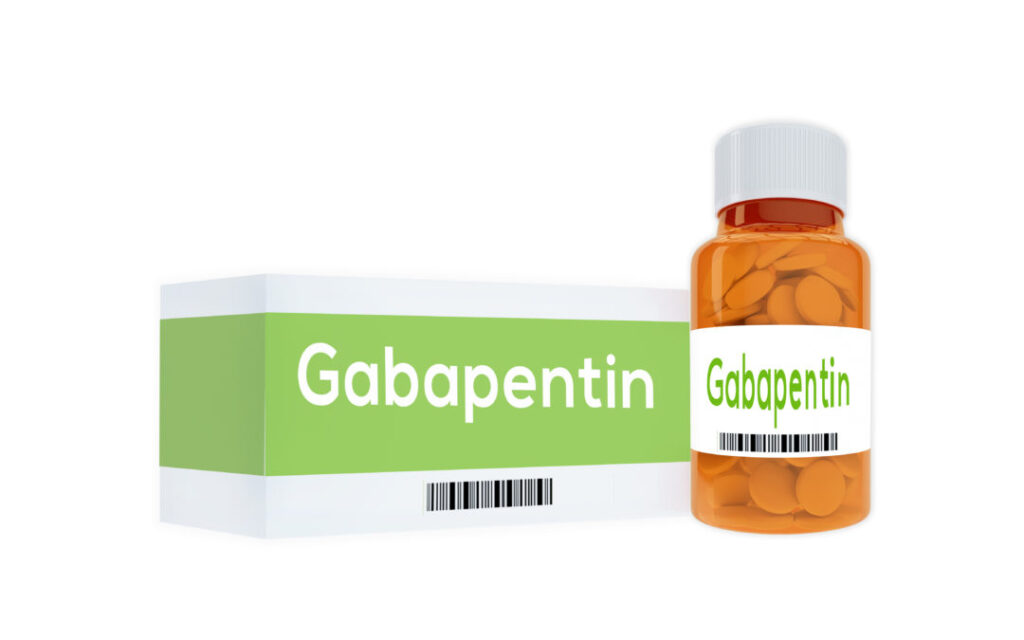Gabapentin, also known by its brand name Neurontin, is a prescription drug initially marketed as an anti-seizure medication. Recently, however, it has shown great promise in the treatment of nerve-related pain from shingles, diabetes, and other types of neuropathy. Some of the other complaints that gabapentin can be prescribed for include restless leg syndrome and alcoholism.
Widely considered non-addicting and a low risk for abuse and overdose, gabapentin has been touted as an alternative to opioid for the relief of chronic pain. However, studies have shown that the use of gabapentin for chronic pain without neuropathy comes with a high risk of side effects. There is no current evidence to prove its efficacy in reducing chronic pain, whether taken on its own or with opioids.
The dangers of combining gabapentin with opioids
When combined with opioids for chronic pain, a potentially life-threatening interaction can occur. The combination of opioids with gabapentin has been responsible for an almost 50 percent higher risk of a fatal overdose. This is largely because it acts as a CNS depressant, amplifying respiratory depression.
Side effects from gabapentin include dizziness, fatigue, changes in visual acuity, memory lapses, and impaired mental function.
Higher risk, no significant difference in pain reduction over opioids alone
Though many patients who struggle with nerve pain find gabapentin very effective, a recent study concluded that patients whose pain was non-neuropathic did not find any more relief than they did using opioids alone.
For patients with low back pain, for example, there is no discernible benefit to taking gabapentin, either alone or in combination with opioids.
If the pain was neuropathic in origin, its use could be justified. Lacking this diagnosis, taking gabapentin for non-neural chronic pain would carry far more risks than benefits.
How gabapentin works to control pain
As an anti-epileptic medication, gabapentin takes aim at the dysfunctional release of pain-controlling neurotransmitters, decreasing or stabilizing irritated nerve membranes to soften their response.

As not all pain is nerve-related, this action would not be likely to deliver the desired analgesic effect. Pain that stems from musculoskeletal injury, osteoarthritis, or any idiopathic pain (in other words, pain that can’t be attributed to a specific source) should not be treated with gabapentin as a frontline intervention.
Weighing in: gabapentin pros and cons
Even though the FDA has only approved gabapentin for epilepsy and seizure disorders, plus pain from spinal cord injuries, diabetic neuropathy, fibromyalgia, or for other neuropathic pain, doctors continue to prescribe it judiciously for chronic pain.
In recent years, gabapentin has become one of the top ten most prescribed medications in the United States. While it has proven itself to be highly effective in treating patients with very specific nerve-related pain issues, its application in chronic pain management is limited. At this time, most medical experts agree that not enough research exists to justify taking on the additional risks associated with its use.
Are you taking gabapentin for chronic pain, or would you like to learn more about holistic alternatives? Reach out today to speak to us about chronic pain recovery. Call Roots Through Recovery via (866) 766-8776 to schedule a FREE consultation with our team or visit us at 3939 Atlantic Ave, Suite 102 Long Beach, CA 90807.





12 thoughts on “Gabapentin for Chronic Pain: Dangers and Side Effects”
I’ve taken gabapentin for @ 6 wks and have wheezing and breathing difficulty and dry mouth while trying to sleep ..
Some, but not enough relief from cluster pain in right side temple.
I have dry mouth diabetic hypertension spinal stenosis CKD to name a few bad case of neuropathy what can i do
Are one of the side effects of gabapentin fluid in the feet and ankles?
Yes
is weight gain a side effect? and blurry vision
can long term use of high dose cause delayed sjs or tens
Does it do anything else such as blood pressure increases ?
I have experienced great relief from low back pain with gabapentin. Also relief from nighttime leg cramps and restless sleep. I do experience more fluid buildup in my feet and ankles, but wearing compression hose is effective for that.
I have NPH and I was asking is Gabapentin has side effects that could be a problem ?
I have been talking Gabapentin a long time and now i am concerned about side effects related to my NPH .I cant seem to get a straigh answer from my DR.
I have been taking gabapentin for awhile now, I was reading if you have pancreas problems, it can make it worse. Also has made me very tired during the day.
Pretty crappy drug which can cause many negative side effects.Don’t settle for feeling lousy.Ask your doctor for something that works for YOU ..not for the Doctor.You have a right to be pain free.